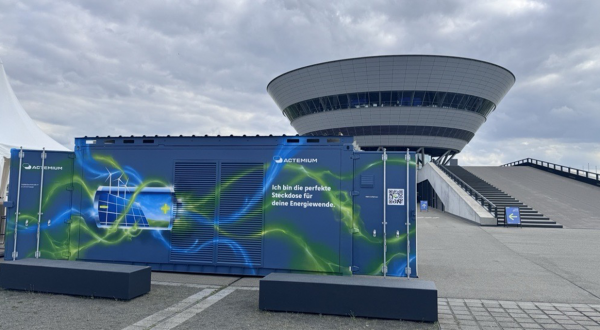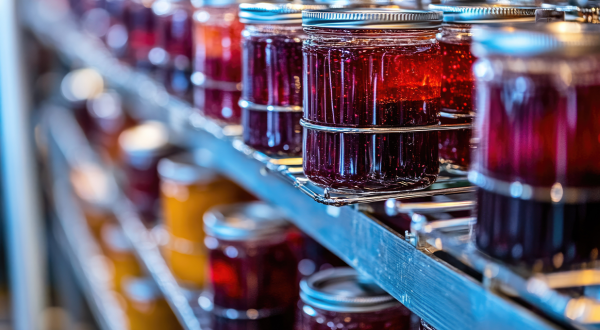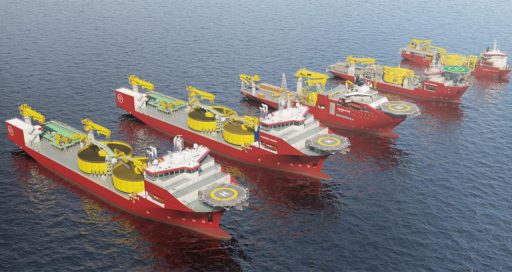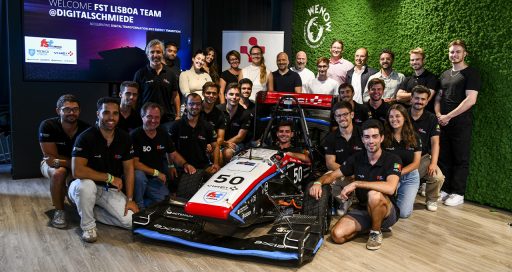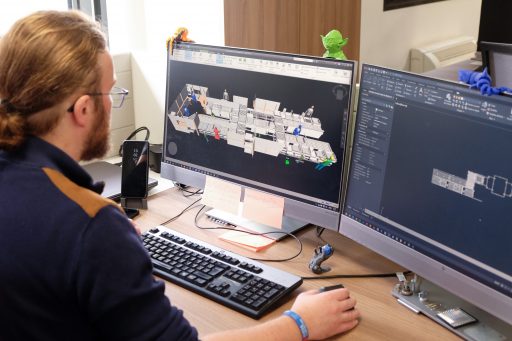In Germany, Shell is decarbonising its activities with Actemium
Reading time: 4 min
Shell Germany is undertaking a transformation of its production processes, with the scheduled conversion of its Wesseling refinery to a crude oil-free site from 2025 onward. Shell is tackling this ambitious project with support from Actemium Infrastructure & Energy Köln.
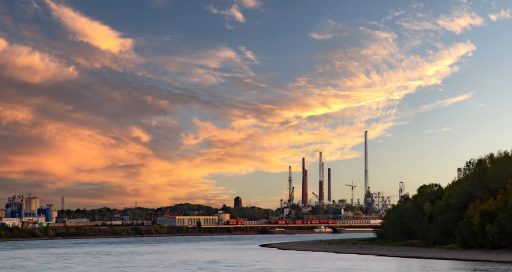
The energy transition is in full swing in Germany, where its acceleration is a major aim of the coalition government that came to power in 2021. This poses a challenge to all economic agents, particularly to manufacturers, with some already actively pursuing a decarbonisation trajectory.
The oil giant Shell is one of them. Considered one of its future-oriented sites worldwide, the group’s “Energy and Chemicals Park Rheinland” is leading the way, with the scheduled conversion of the Wesseling refinery – one of its production units – to a crude oil-free site from 2025 onward. This is a bold move given that fossil energies (oil, natural gas, coal and lignite) still represent almost 79% of Germany’s energy consumption*.
Its Energy and Chemicals Park Rheinland is one of Shell Germany’s future-oriented sites worldwide
But the list of Shell Germany’s initiatives does not end there. Also on the Energy and Chemicals Park Rheinland, alongside a “Refhyne II” green hydrogen production plant, a bio PtL (power to liquid) installation will manufacture synthetic kerosene and naphtha (flammable liquid) using green electricity and biomass. The main advantage is that synthetic kerosene and naphtha considerably reduce greenhouse gas emissions (by up to 80%) compared with conventional fossil fuels.
Long-term partnership
Shell Germany is supported in its decarbonisation efforts by Actemium, the VINCI Energies brand specialising in industrial processes. The two entities are partners of long standing, with Actemium having supported the Anglo-Dutch company on several projects. More generally, “Actemium is involved in a number of ways in implementing energy transition,” says Norbert Otto, project manager at the Rheinland division. “We have projects in chemicals, energy generation and transmission, and even energy distribution.”
Turnkey handover
For Shell Germany’s projects on its Energy and Chemicals Park Rheinland, specifically in the Wesseling plant, Actemium Infrastructure & Energy Köln (in collaboration with Siemens AG Köln) were tasked with turnkey handover in summer 2024 of a switching station among others to power a new 100 MW PEM (proton-exchange membrane) electrolyser**) for hydrogen production.
As Bernd Wüstenberg, BU Manager of Actemium Infrastructure & Energy Köln, explains, this involves the “Planning and construction of this entire 30 kV switching station, fully redundant and ready for operation”. This large-scale project is essential for the management of electrical power, safety, protection, network stability and overall integration of the system.
The brief given to Actemium Infrastructure & Energy Köln also includes preparation of the construction contract, scheduling, and the supply, assembly and commissioning of the medium-voltage switching installations manufactured by consortium partner Siemens.
Actemium Infrastructure & Energy Köln is ultimately responsible for all electrotechnical works, including installation of the uninterruptible power supplies (UPS) and mains-voltage electrics, general and safety lighting, extension of the trays for the cable and pipe networks, installation of fire alarm systems, and earth bonding and surge protection.
* https://allemagne-energies.com/2023/01/07/allemagne-les-chiffres-cles-de-lenergie-en-2022/
** Method of hydrogen production via electrolysis of water in which the electrodes are separated by a polymer membrane impermeable to gases.
Germany spearheading energy transition in Europe
The decarbonisation of Germany’s industry is vital, given that the country’s industrial heritage makes it one of Europe’s largest emitters of greenhouse gases. The targets are ambitious: renewable energies must account for no less than 80% of gross electricity consumption by 2030. The government is also planning to definitively phase out electricity production from coal by 2028. This is the aim of the “Energiewende” (energy transition) programme, with industry at the forefront, since it produces almost one-third of Germany’s emissions. It is a long-term strategy in every sense of the word. Between 1990 and 2019, CO2 emissions from industry fell by 24%, according to a study from the German Federal Environment Agency.
06/13/2024

